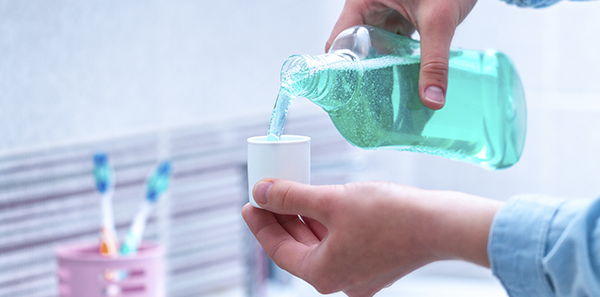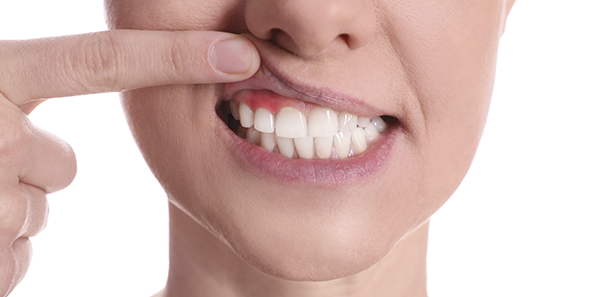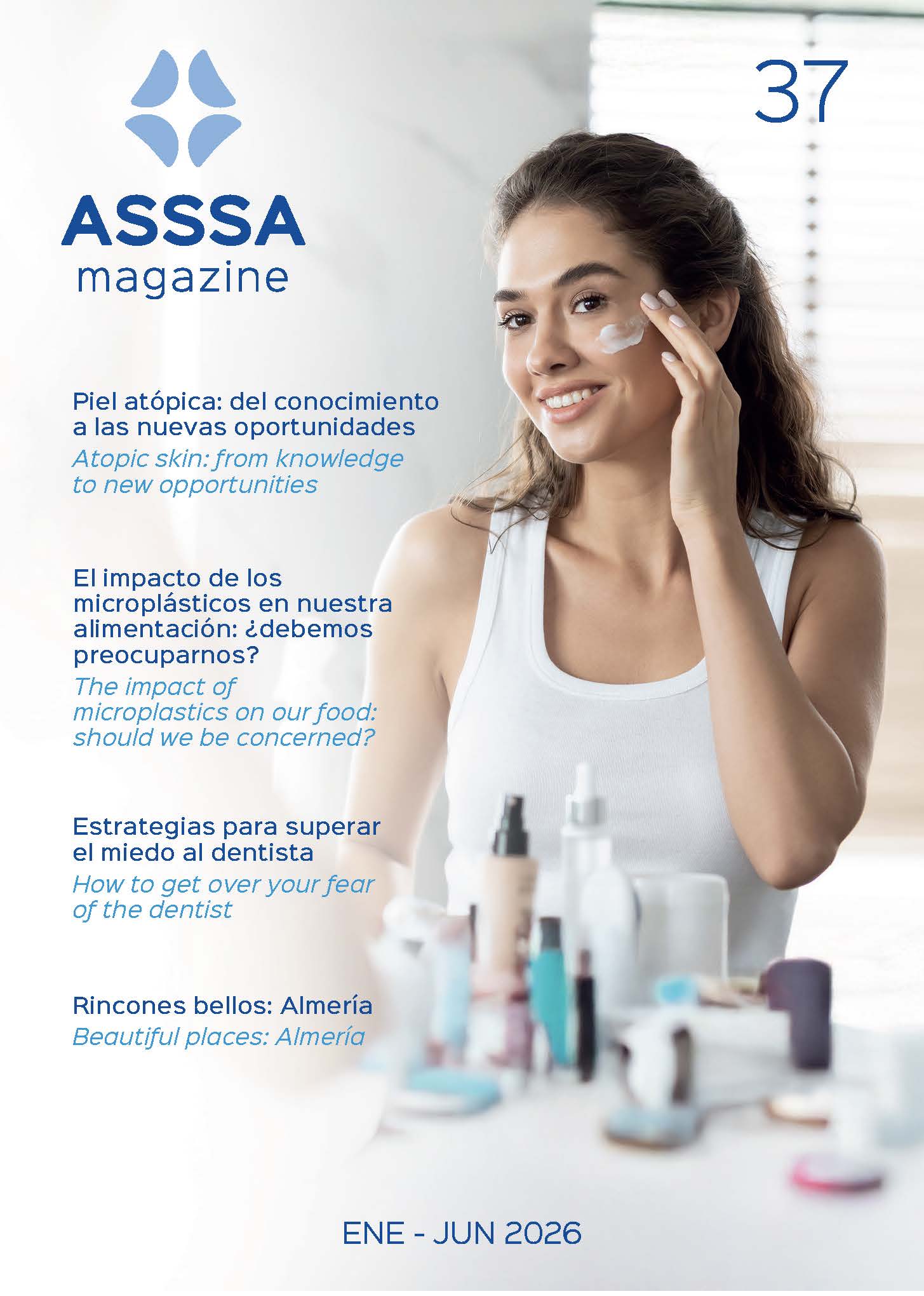
Dentists commonly recommend the use of fluoride toothpastes and mouthwashes to take better care of teeth, as fluoride prevents oral diseases and acts on the enamel.
Its use is even more advisable in children, as it’s essential for healthy teeth all through life.
Fluoride is an essential mineral for maintaining oral health and encourages the replacement of calcium and phosphorus. It’s found naturally in soil, water, air and in some foods like salmon, chicken, vegetables and gelatin.
Fluoride has a huge variety of properties:
- It strengthens bones and tooth enamel by activating the remineralisation process.
- It fights and slows the growth of bacteria that cause dental problems, including tartar and plaque.
- It reduces tooth sensitivity and gum problems.
- It prevents tooth decay even in children’s developing teeth.
To maintain a strong and healthy smile, dentists recommend fluoride products such as toothpastes, mouthwashes and gels. Having said this, some other very important factors for patient health also need to be taken into account, including age, fluoride concentration and how it’s administered.
Quantity
Excessive or inappropriate use of fluoride can be harmful to health. In fact, fluorosis (formation of white spots on the surface of the teeth) is one of the most common problems that usually occur when teeth are still forming. In extreme cases, fluorosis can cause bone fractures, nervous system disorders, damage to the stomach and brain problems (reversible or irreversible).
Something else to bear in mind is that many types of toothpaste contain fluoride, so sometimes, and depending on age, it isn’t necessary to add it as a supplement with mouthwashes.
Before making a decision on the amount of fluoride, it’s advisable to check with a professional to assess the patient’s oral health and decide whether fluoride treatment is really necessary and which is the most suitable.
Age
This is a very important factor, as children and adults may require different fluorinated products. In children from the age of 2, once all their teeth have broken through, lower doses the size of a grain of rice are usually advised as a preventive measure, using gels, varnishes or special toothpastes. Doses should be increased over the years, with adults using higher concentrations in toothpastes or mouthwashes to remineralise and strengthen teeth.
Ultimately, each patient is unique and their fluoride needs can vary significantly. This means it’s best to attend annual check-ups and let the professionals recommend the best option for each case.
Alberto Lledó Valero
Medical Director at Lledó Clinic












